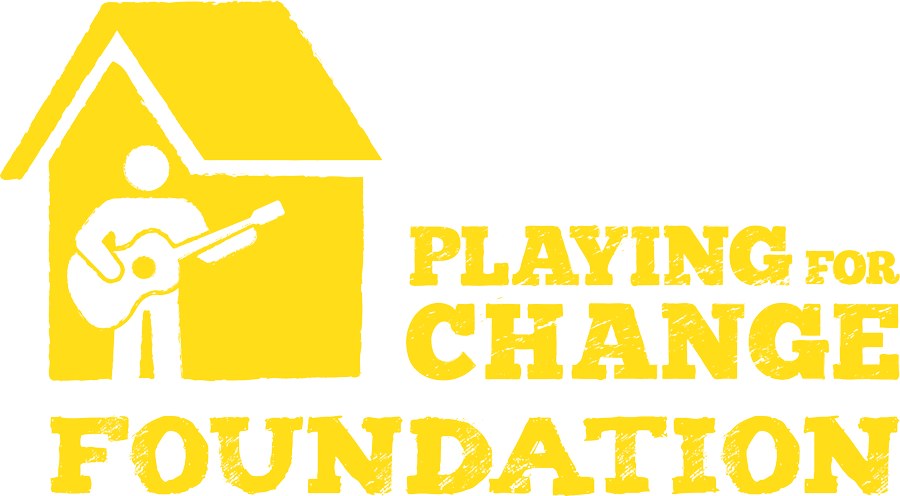CULTURAL PRESERVATION
FOOD SECURITY
Refugee Crises
CLIMATE CHANGE
Advancing sand dunes in the Sahara Desert of Morocco are swallowing large sections of villages outside the town of M’hamid El Ghizlane, where PFCF program Joudour Sahara operates. This phenomenon has created thousands of ‘climate refugees’, and nearly 35% of the entire population has immigrated out of M’hamid into other parts of Morocco sine the 1980s. This migration has meant that ancestral cultural heritages belonging to tribes who have resided in these villages for centuries, and some more millennia, are dying and some traditional knowledge has already been lost forever. Our solution is to approach cultural and environmental preservation as the same challenge.
We engage traditional musicians, who are also farmers vital to the maintenance of the local ecological ecosystem, across more than 14 rural communities to transmit cultural heritages to their youth and also implement widescale environmental programming, tree plantings, and community awareness campaigns around positive environmental practices. The Joudour Sahara Center for Music and Ecology, an award winning, zero-cement cultural campus, is currently being constructed and is set to be a first-of-its-kind cultural facility not just in Morocco, but neighboring Saharan countries Algeria, Mauritania, and Mali.
